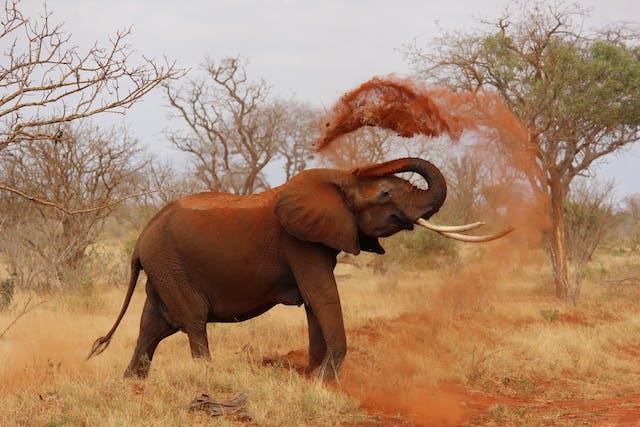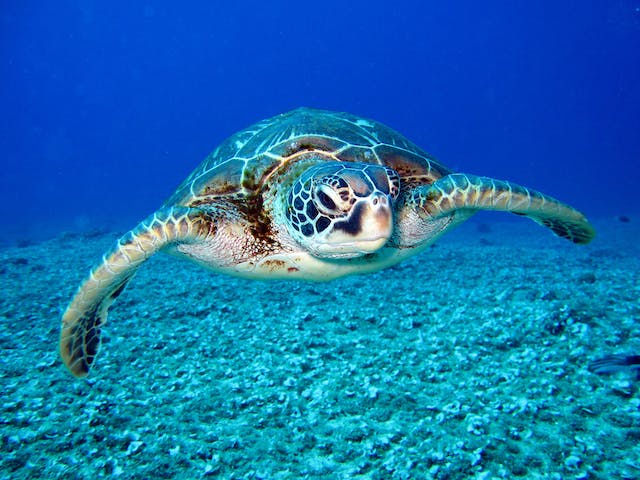Our planet is home to an astonishing array of life, from the majestic elephants of Africa to the delicate butterflies that grace our gardens. Each species plays a unique role in the delicate web of life, and the diversity of wildlife on Earth is a testament to the beauty and complexity of the natural world. However, many of these precious species are facing unprecedented challenges due to human activities, and the importance of wildlife conservation cannot be overstated. In this article, we will explore the significance of wildlife conservation and the vital role it plays in preserving Earth’s precious species.

The State of Wildlife Today
The Earth’s wildlife faces an alarming crisis, with many species on the brink of extinction. Habitat loss, pollution, climate change, poaching, and overexploitation are among the primary threats to wildlife. The consequences of these threats are far-reaching, affecting not only the animals themselves but also the ecosystems they inhabit and the communities that rely on them.
Biodiversity and Ecosystem Services
Wildlife conservation is not just about protecting individual species; it’s about safeguarding the planet’s biodiversity and the essential ecosystem services it provides. Biodiversity is the variety of life on Earth, encompassing the vast array of species, ecosystems, and genetic diversity. These ecosystems deliver a wide range of services, from purifying water and regulating climate to supporting agriculture and fisheries.
Balancing Nature’s Harmony
Each species in an ecosystem has a specific role to play, and the removal of even a single species can disrupt the balance of the entire system. For example, predators help control prey populations, herbivores shape plant communities, and pollinators are essential for plant reproduction. The loss of a single species can set off a chain reaction of ecological consequences.

Economic Value
Wildlife conservation holds economic significance as well. Many communities depend on wildlife for their livelihoods, whether through ecotourism, traditional hunting and fishing, or the sustainable use of natural resources. Conserving wildlife not only helps these communities but also contributes to the global economy through tourism and the sustainable management of resources.
Ethical Responsibility
Beyond the practical reasons for wildlife conservation, there is a profound ethical responsibility to protect Earth’s precious species. These creatures share the planet with us, and they have intrinsic value and the right to exist independently of their utility to humans. Every species has a unique evolutionary history and a place in the tapestry of life, and we have to ensure their continued existence.
Conservation Efforts
Wildlife conservation efforts take many forms, from protecting natural habitats and establishing wildlife reserves to enacting legal protections and raising awareness. Here are some key strategies:
- Habitat Preservation: The protection of natural habitats is essential for safeguarding wildlife. Conserving forests, wetlands, and coral reefs provides critical refuges for many species.
- Anti-Poaching Measures: Enforcing laws against poaching and the illegal wildlife trade is crucial for preventing the decline of many endangered species.
- Breeding Programs: Captive breeding and reintroduction programs help bolster populations of species on the brink of extinction.
- Community Involvement: Engaging local communities in conservation efforts helps ensure that wildlife conservation is sustainable and mutually beneficial.
- Education and Awareness: Raising public awareness about the importance of wildlife conservation can drive support for policies and actions that protect species.
Getting Involved
As individuals, there are several ways to contribute to wildlife conservation:
- Support organizations working to protect wildlife through donations or volunteer work.
- Choose sustainable and ethically sourced products to reduce demand for products that harm wildlife.
- Advocate for policies that prioritize wildlife protection, such as wildlife corridors and anti-poaching measures.
- Educate yourself and others about the importance of conserving Earth’s diverse species.
Wildlife conservation is not just a matter of protecting individual species; it’s about preserving the intricate web of life that sustains our planet. Our interconnectedness with nature makes us responsible for the well-being of Earth’s precious species. By embracing this responsibility and taking action, we can ensure that these magnificent creatures continue to enrich our world for generations to come.
Thank you for visiting our blog. If you have any comments or questions, please feel free to contact us today.
